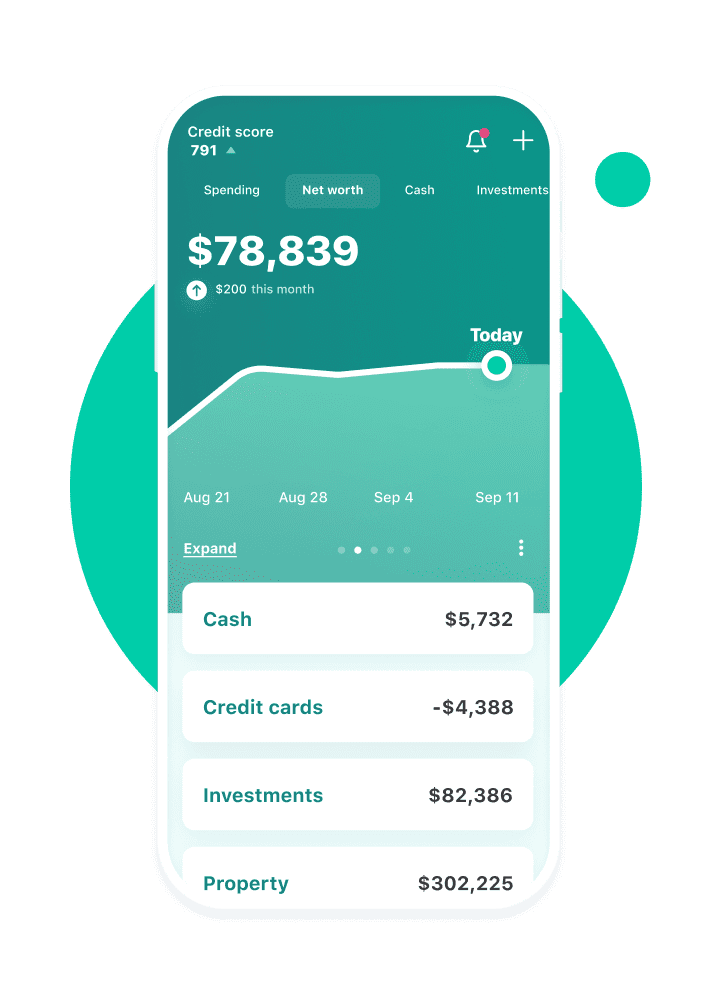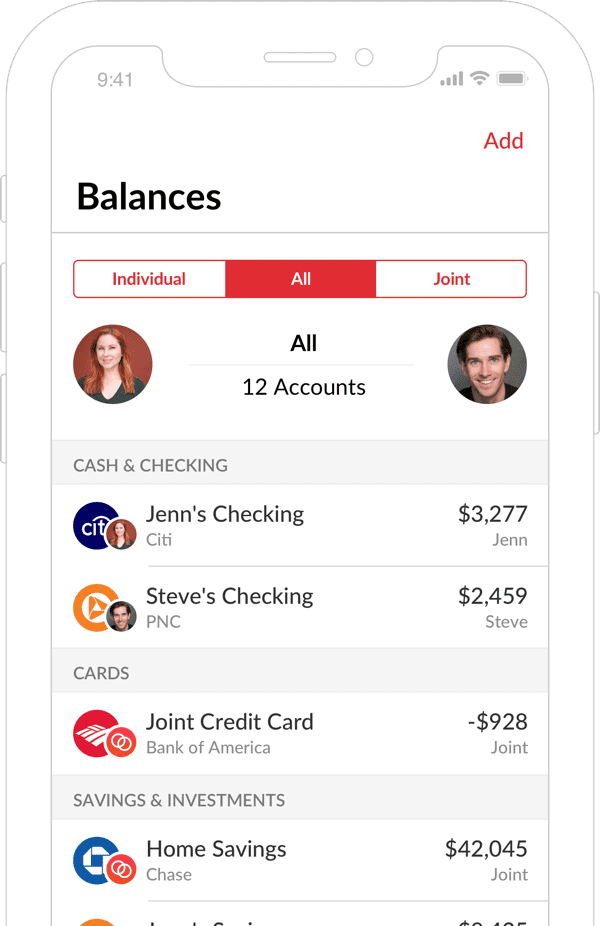How to protect yourself from Debt in 2023
If you’re struggling with debt, there are steps you can take to get help. You can contact a credit counselor, bankruptcy attorney, or other financial professional. They can help you develop a plan to get out of debt and improve your financial situation. Many problems can come with having debt. Here are some of the most common:
- Financial stress. Debt can be a major source of financial stress. It can make it difficult to make ends meet, and it can lead to anxiety, depression, and other mental health problems.
- Reduced credit score. A low credit score can make it difficult to get approved for loans, credit cards, and other forms of credit. This can make it difficult to borrow money in the future, and it can also make it more expensive to borrow money.
- Collection calls. If you miss payments on your debt, your creditors may start calling you. These calls can be stressful and embarrassing, and they can also damage your credit score.
- Legal action. If you don’t pay your debt, your creditors may take legal action against you. This could include filing a lawsuit, garnishing your wages, or even putting a lien on your property.
- Loss of assets. If you don’t pay your debt, your creditors may be able to take some of your assets, such as your car or your home. This could leave you with less financial security and make it more difficult to get back on your feet.
How long does it take you to reach 1M FOLLOWERS on these 7 PLATFORMS
How to protect yourself from Debt:
Debt can be a major financial burden, but there are steps you can take to protect yourself from it.
Here are some tips…
1. Create a budget and stick to it
This will help you track your spending and make sure you’re not overspending. Creating a budget and sticking to it can be a great way to take control of your finances and achieve your financial goals. Here are some tips on how to create a budget and stick to it:
a. Start by tracking your spending. This will help you see where your money is going and identify areas where you can cut back. There are many different ways to track your spending, such as using a budgeting app, keeping a spreadsheet, or simply writing down your expenses each day.
b. Set financial goals. What do you want to achieve with your budget? Do you want to save for a down payment on a house, pay off debt, or build an emergency fund? Having clear financial goals will help you stay motivated and on track.
c. Create a budget that works for you. There is no one-size-fits-all budget. The best budget is the one that you can stick to. Consider your income, expenses, and financial goals when creating your budget.
d. Be realistic. When creating your budget, be realistic about your income and expenses. Don’t try to cut back too much too soon, or you’ll be more likely to give up.
e. Track your progress. Once you have a budget, track your progress to see how you’re doing. This will help you identify areas where you need to make adjustments.
f. Be flexible. Things change, so be prepared to make adjustments to your budget as needed. For example, if you lose your job or have unexpected expenses, you may need to adjust your budget accordingly.
g. Don’t give up. Sticking to a budget can be challenging, but it’s important to not give up. If you slip up, just pick yourself up and start again.
Here are some additional tips to help you create a budget and stick to it:
Reason Behind Coco Lee’sreadingreading Suicide At The Age Of 48
2. Use a budgeting app or software
There are many different budgeting apps and software programs available, such as Mint, EveryDollar, and YNAB. These apps can help you track your spending, create a budget, and stay on track.
a. Mint: Mint is a free budgeting app that syncs with your bank accounts and credit cards to track your spending. It also offers budgeting tools, bill pay reminders, and financial insights.

- EveryDollar: EveryDollar is a free budgeting app that uses the envelope budgeting method. This method involves dividing your income into different categories, such as “groceries,” “transportation,” and “entertainment.”
- YNAB (You Need a Budget): YNAB is a paid budgeting app that uses the zero-based budgeting method. This method involves allocating every dollar in your budget to a specific category.
- Goodbudget: Goodbudget is a free budgeting app that uses the envelope budgeting method. It also offers a premium version that allows you to sync your accounts and access more features.
- PocketGuard: PocketGuard is a free budgeting app that offers budgeting tools, bill pay reminders, and financial insights. It also has a premium version that offers additional features, such as credit score monitoring.
- Honeydue: Honeydue is a budgeting app designed for couples. It allows you to share your budget with your partner and track your spending together.
- Spendee: Spendee is a free budgeting app that offers budgeting tools, bill pay reminders, and financial insights. It also has a premium version that offers additional features, such as the ability to track your spending in multiple currencies.
These are just a few of the many budgeting apps and software available. The best app or software for you will depend on your individual needs and preferences.
3. Get help from a financial advisor.
If you’re struggling to create a budget or stick to it, consider getting help from a financial advisor. A financial advisor can help you assess your financial situation, create a budget, and develop a plan to reach your financial goals.
Here are some tips on how to get help from a financial advisor:
a. Do your research. Before you start interviewing financial advisors, it’s important to do your research and understand what you’re looking for. What are your financial goals? What type of financial advisor do you need? What are your budget and expectations?
b. Ask for referrals. Ask your friends, family, and colleagues for referrals to financial advisors they trust. This is a great way to get started and learn more about different financial advisors in your area.
c. Interview multiple advisors. Once you have a few referrals, schedule interviews with multiple advisors. This will give you a chance to compare their services and fees and find the best fit for you.
d. Ask the right questions. When you’re interviewing financial advisors, be sure to ask the right questions. This will help you assess their experience, qualifications, and investment philosophy. Some of the questions you may want to ask include:
-
-
What are your qualifications?
-
What is your investment philosophy?
-
How do you charge for your services?
-
What are your fees?
-
What is your experience with clients with similar financial goals as mine?
-
4. Get everything in writing…
Once you’ve chosen a financial advisor, be sure to get everything in writing. This includes their investment strategy, fees, and any other terms of the relationship.
Here are some additional tips to help you find a financial advisor:
a. Look for a financial advisor who is a fiduciary. A fiduciary is a financial advisor who is legally obligated to act in your best interests.
b. Beware of advisors who charge high fees. Many financial advisors charge high fees for their services. Be sure to shop around and compare fees before you choose an advisor.
c. Don’t be afraid to ask questions. If you have any questions about a financial advisor or their services, don’t be afraid to ask. A good financial advisor will be happy to answer your questions and explain their services in detail.
d. Make it a habit. The key to sticking to a budget is to make it a habit. This means tracking your spending regularly, reviewing your budget, and making adjustments as needed. Once you get into the habit of budgeting, it will become easier to stick to it.
I hope these tips help you create a budget and stick to it. Good luck!
5. Only borrow money for things you can afford to pay back…
Don’t use credit cards to buy things you can’t afford, and be sure to pay off your credit cards in full each month.
6. Avoid payday loans and other high-interest loans.
These loans can be very expensive and difficult to repay.
Here are some tips on how to avoid payday loans and other high-interest loans:
Before you take out a payday loan, make sure you’ve explored all other options, such as:
-
- Asking your employer for an advance on your paycheck
- Borrowing money from a friend or family member
- Selling unused items
- Using a credit card with a low-interest balance transfer offer
b. Shop around for the best rates. If you do need to take out a loan, compare interest rates and fees from different lenders before you choose one.
c. Be aware of the terms and conditions. Before you sign any paperwork, make sure you understand the terms and conditions of the loan, including the interest rate, fees, and repayment schedule.
d. Consider a payday alternative loan (PAL). PALs are offered by some credit unions and other lenders, and they have lower interest rates and fees than payday loans.
e. Get help from a credit counselor. If you’re struggling with debt, a credit counselor can help you develop a plan to get out of debt and avoid payday loans in the future.
Here are some additional resources that you may find helpful:
- The Consumer Financial Protection Bureau: https://www.consumerfinance.gov/
- The National Foundation for Credit Counseling: https://www.nfcc.org/
- The Federal Trade Commission: https://www.ftc.gov/
6. Build up an emergency fund
Building up an emergency fund is one of the most important financial goals you can have. It can help you cover unexpected expenses, such as a job loss, car repair, or medical bills. Here are some tips on how to build up an emergency fund:
a. Set a goal. How much money do you want to have in your emergency fund? The rule of thumb is to have three to six months’ worth of living expenses saved. But if you’re just starting, you can start with a smaller goal, such as one month’s worth of expenses.
b. Make a budget. Once you know how much money you need, you need to figure out how to save it. The first step is to create a budget. This will help you track your income and expenses so you can see where your money is going.
c. Automate your savings. One of the best ways to build up an emergency fund is to automate your savings. This means setting up a recurring transfer from your checking account to your savings account regularly.
d. Cut back on unnecessary expenses. If you’re struggling to save money, you may need to cut back on some of your unnecessary expenses. This could mean eating out less, canceling unused subscriptions, or finding cheaper alternatives to your current expenses.
e. Don’t touch your emergency fund. Once you’ve saved up some money in your emergency fund, it’s important not to touch it unless it’s an actual emergency. This will help you keep your savings safe and available when you need it most.
Here are some additional tips that may help you build up your emergency fund…
a. Set up a separate savings account for your emergency fund. This will help you keep your emergency savings separate from your everyday spending money.
b. Look for high-yield savings accounts. Some banks and credit unions offer high-yield savings accounts that pay a higher interest rate than traditional savings accounts. This can help your emergency fund grow faster.
c. Consider using a money market account. Money market accounts typically offer higher interest rates than savings accounts, but they may have some restrictions, such as minimum balance requirements.
d. Get help from a financial advisor. If you’re struggling to save money, a financial advisor can help you create a plan to reach your goal.
e. Get help if you’re struggling with debt. There are many resources available to help you get out of debt, such as credit counseling agencies and debt management programs.
Here are some additional tips to help you protect yourself from debt:
7. Read the fine print before you sign any contracts.
This includes credit card agreements, loan agreements, and even cell phone contracts.
a. Be aware of the different types of debt. There are many different types of debt, each with its terms and conditions.
b. Know your rights as a borrower. Some laws protect borrowers from unfair lending practices.
As a borrower, you have certain legal rights that protect you.
These rights vary depending on the type of loan you have, but they generally include the following:
- The right to be informed about the terms of the loan. This includes the interest rate, fees, and repayment schedule.
- The right to a copy of the loan agreement. This should be provided to you before you sign the agreement.
- The right to make payments on time. If you make payments on time, you will avoid late fees and other penalties.
- The right to dispute any errors on your loan account. If you believe there is an error on your account, you should contact your lender immediately.
- The right to ask for a deferment or forbearance. If you are unable to make your payments, you may be able to request a deferment or forbearance. This will temporarily suspend your payments or reduce your monthly payment amount.
- The right to prepay your loan. You may be able to prepay your loan without penalty. This means you can pay off the loan early and save money on interest.
- The right to be treated fairly by your lender. Your lender must treat you fairly and with respect. They cannot discriminate against you based on your race, religion, or other factors.
If you believe your legal rights as a borrower have been violated, you should contact the Consumer Financial Protection Bureau (CFPB). The CFPB is a government agency that protects consumers from unfair, deceptive, and abusive financial practices. They can help you file a complaint against your lender and get your rights restored.
Here are some additional resources that you may find helpful:
- The Consumer Financial Protection Bureau: https://www.consumerfinance.gov/
- The National Consumer Law Center: https: //www.nclc.org/
- The Federal Trade Commission: https://www.ftc.gov/
- Be careful about who you give your personal information to. Your personal information can be used to open credit accounts in your name, so be careful about who you give it to.
By following these tips, you can help protect yourself from debt and take control of your finances…
THANKS FOR READING…



Your point of view caught my eye and was very interesting. Thanks. I have a question for you.
Can you be more specific about the content of your article? After reading it, I still have some doubts. Hope you can help me.
Your article helped me a lot, is there any more related content? Thanks!
Your article helped me a lot, is there any more related content? Thanks!
I don’t think the title of your article matches the content lol. Just kidding, mainly because I had some doubts after reading the article.
I don’t think the title of your article matches the content lol. Just kidding, mainly because I had some doubts after reading the article.